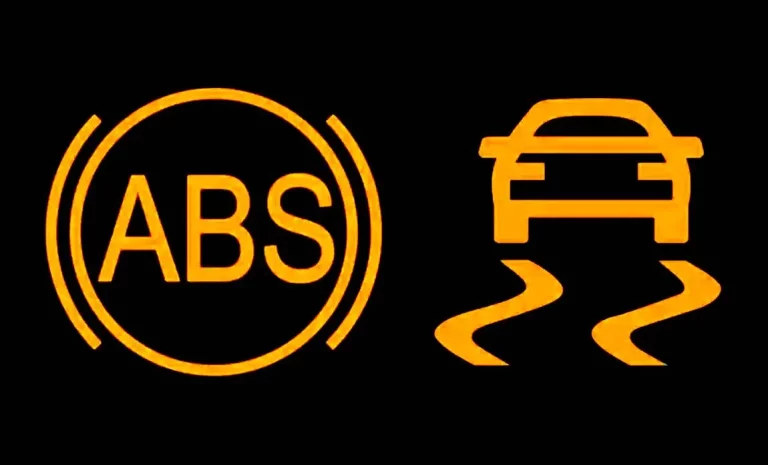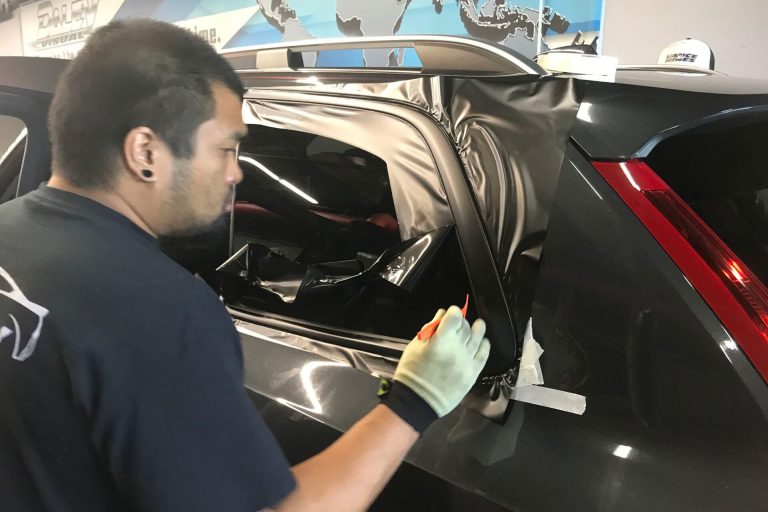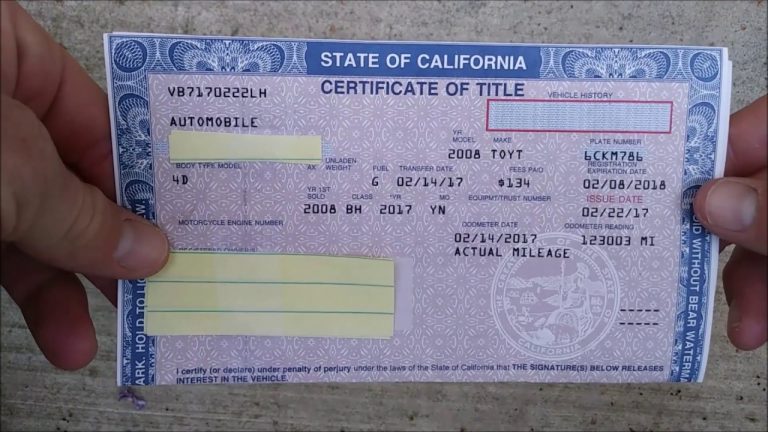How Much Does It Cost To Replace A Head Gasket?
Ever felt the sting of an unexpected car repair bill? You’re not alone. One of the most common and costly issues vehicle owners face is a blown head gasket. This vital component seals your engine’s combustion chamber, keeping coolant and oil where they belong. But when extreme heat and pre-ignition problems strike, it’s time for a replacement.
So, you’re probably asking, “How much does it cost to replace a head gasket?” It’s a fair question and one that’s not always easy to answer. From DIY fixes to professional repairs, the costs can vary widely. Let’s take a closer look at what you might expect to shell out when dealing with this all-too-common automotive headache.
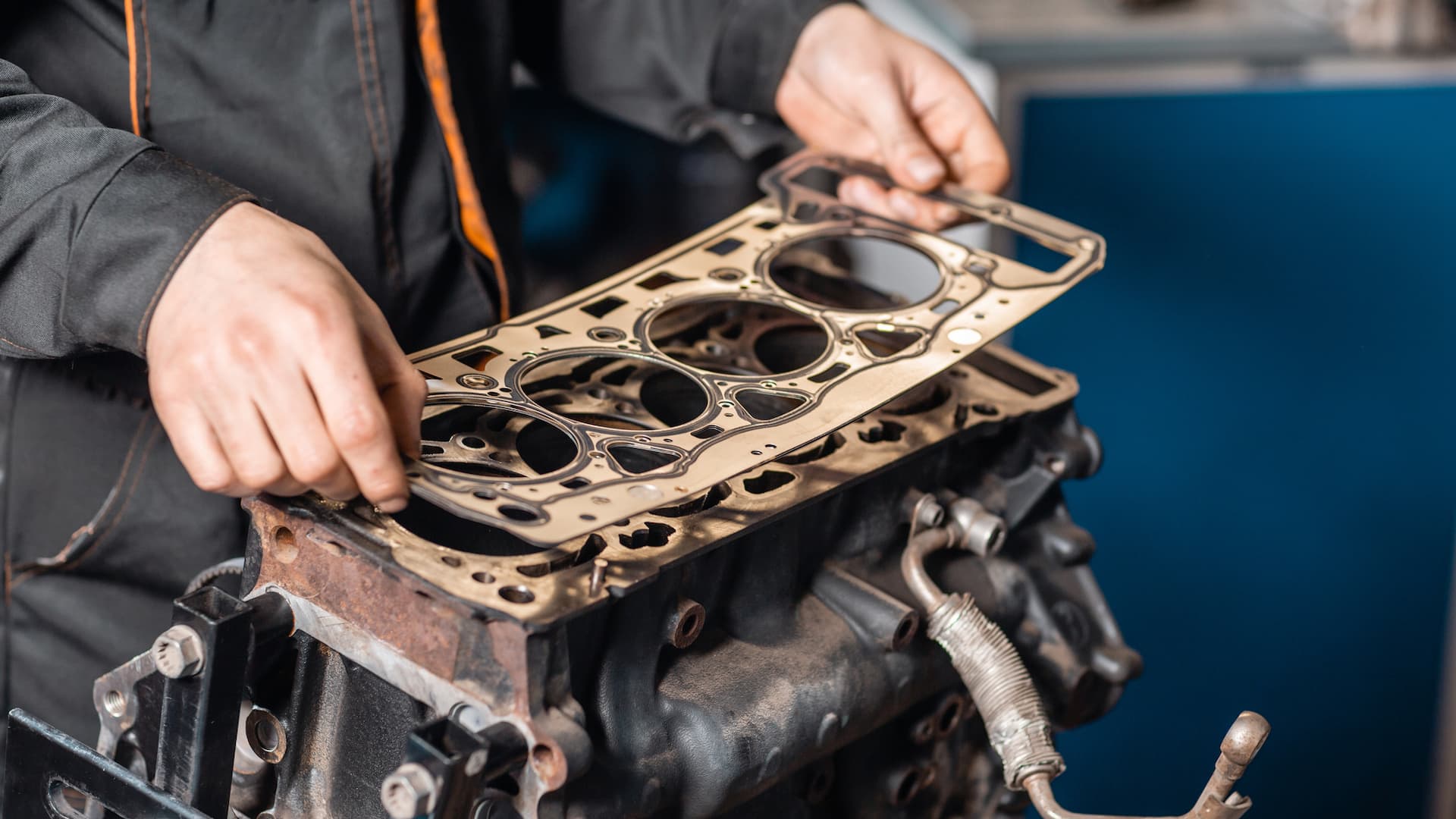
How Much Does It Cost To Replace A Head Gasket?
Replacing a head gasket can be a significant expense due to the intensive labor involved and the critical role the part plays in your engine’s operation. The cost to replace a head gasket varies widely, depending on the make and model of the vehicle, the mechanic’s labor rates, and your geographical location. Generally, you can expect the cost to fall between $1,500 and $3,000.
However, for more complex engines or luxury vehicles like Ferrari, the price can go even higher. This cost includes both the parts and labor, with labor being the major component due to the complexity of the job. It’s always best to get a detailed quote from a trusted mechanic to understand the specific costs for your vehicle.
How Do You Know If My Head Gasket Is Blown?
A blown head gasket can cause several issues with your car’s performance. Here are some warning signs to watch out for:

- Engine Overheating: This is one of the most common symptoms of a blown head gasket. The head gasket seals the coolant passages between the engine block and cylinder head. If it fails, coolant can leak into the engine oil or combustion chambers, reducing the coolant’s ability to absorb heat.
- Coolant Loss: Keep an eye on your coolant level. Unexplained coolant loss with no visible leaks could be a sign of a head gasket leak.
- Rough Idle and Engine Performance: A blown head gasket can cause the engine to run rough and lose power. This happens because the compression within the cylinders can be compromised if coolant or engine oil leaks into the combustion chambers.
- White Smoke From Exhaust: If you see white smoke coming from your tailpipe, especially when the engine is cold, it could be a sign that coolant is burning in the engine due to a head gasket leak.
- Milky Oil: Normally, engine oil is a light brown or black color. If the oil appears milky or chocolate-brown, it could be a sign that coolant is leaking into the oil pan through a blown head gasket.
Causes of Head Gasket Failure
Head gaskets are vital components in an engine, responsible for sealing the cylinder head to the engine block. They prevent coolant, oil, and exhaust gases from mixing and ensure proper engine operation. However, several factors can contribute to head gasket failure, leading to leaks and performance issues. Here are some of the leading causes:
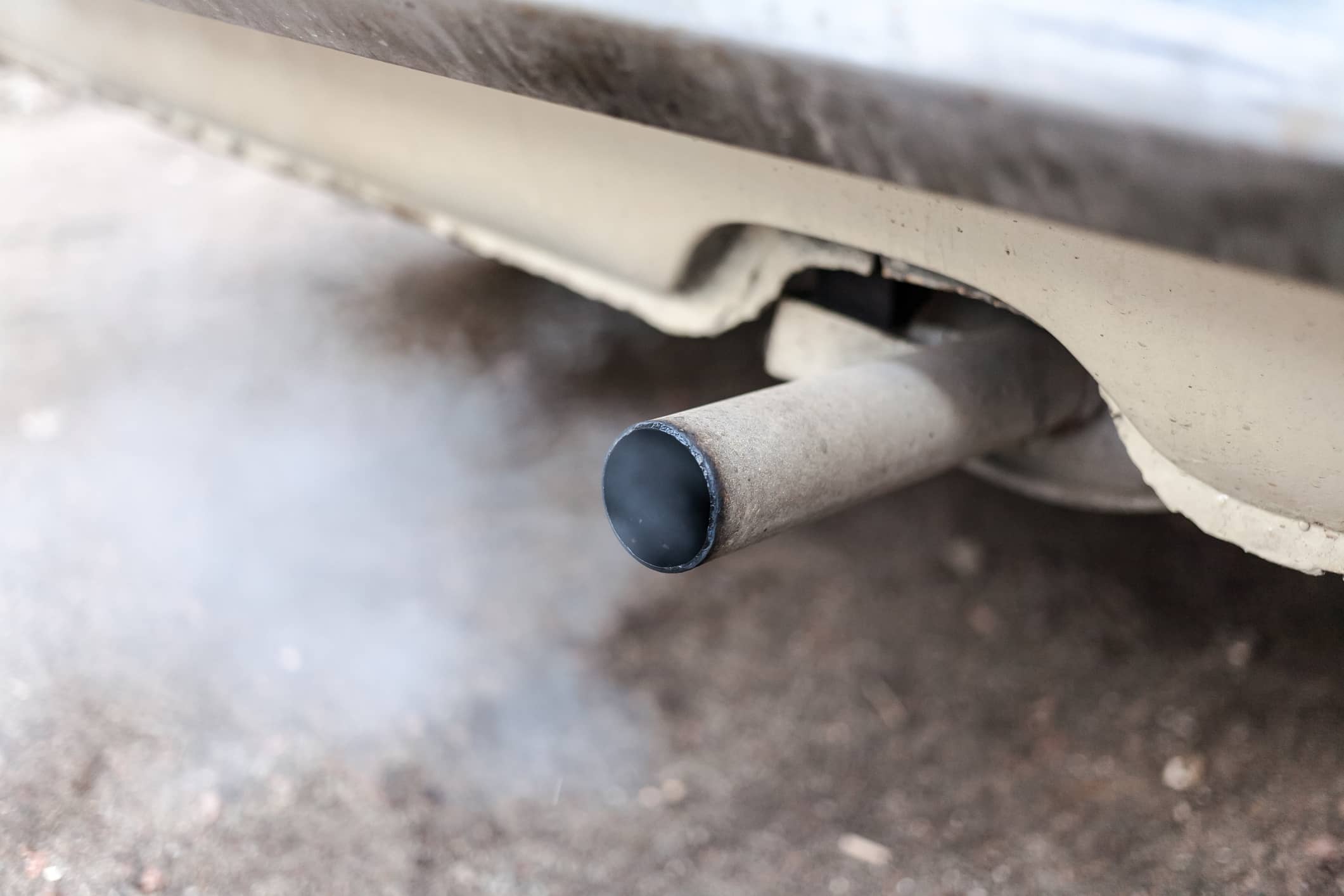
-
Overheating: Engine overheating is a major culprit behind head gasket failure. Excessive heat can cause the gasket material to warp or deteriorate, compromising its sealing ability. This overheating can be caused by various factors like low coolant levels, a faulty thermostat, or a clogged radiator.
-
Improper Maintenance: Regular maintenance is crucial for engine health and preventing head gasket issues. Neglected coolant changes can lead to coolant degradation and corrosion, reducing its effectiveness and potentially causing overheating. Similarly, ignoring oil changes can lead to sludge buildup, impacting heat transfer.
-
Poor Quality Gasket Material: While less common, using a low-quality head gasket material during repairs can increase the risk of failure. Gaskets are designed to withstand high temperatures and pressure, and opting for cheaper alternatives might not meet these requirements.
-
Engine Modifications: Engines modified for higher performance can put additional stress on the head gasket. Increased power output can lead to higher temperatures and pressures, potentially exceeding the gasket’s design limits and accelerating wear.
-
Manufacturing Defects: In rare instances, head gasket failure can be due to manufacturing defects in the gasket itself. These defects might compromise the seal or lead to premature wear.
-
Improper Installation: During engine repairs that involve head gasket replacement, improper installation can significantly increase the risk of failure. This is why it’s crucial to have a qualified mechanic perform the work, ensuring proper torque specifications and procedures are followed.
How Can You Prevent High Head Gasket Repair Costs?
Preventing high head gasket repair costs is largely about avoiding head gasket failure in the first place and catching any potential issues early. Here are some strategies to help you minimize the risk and cost:
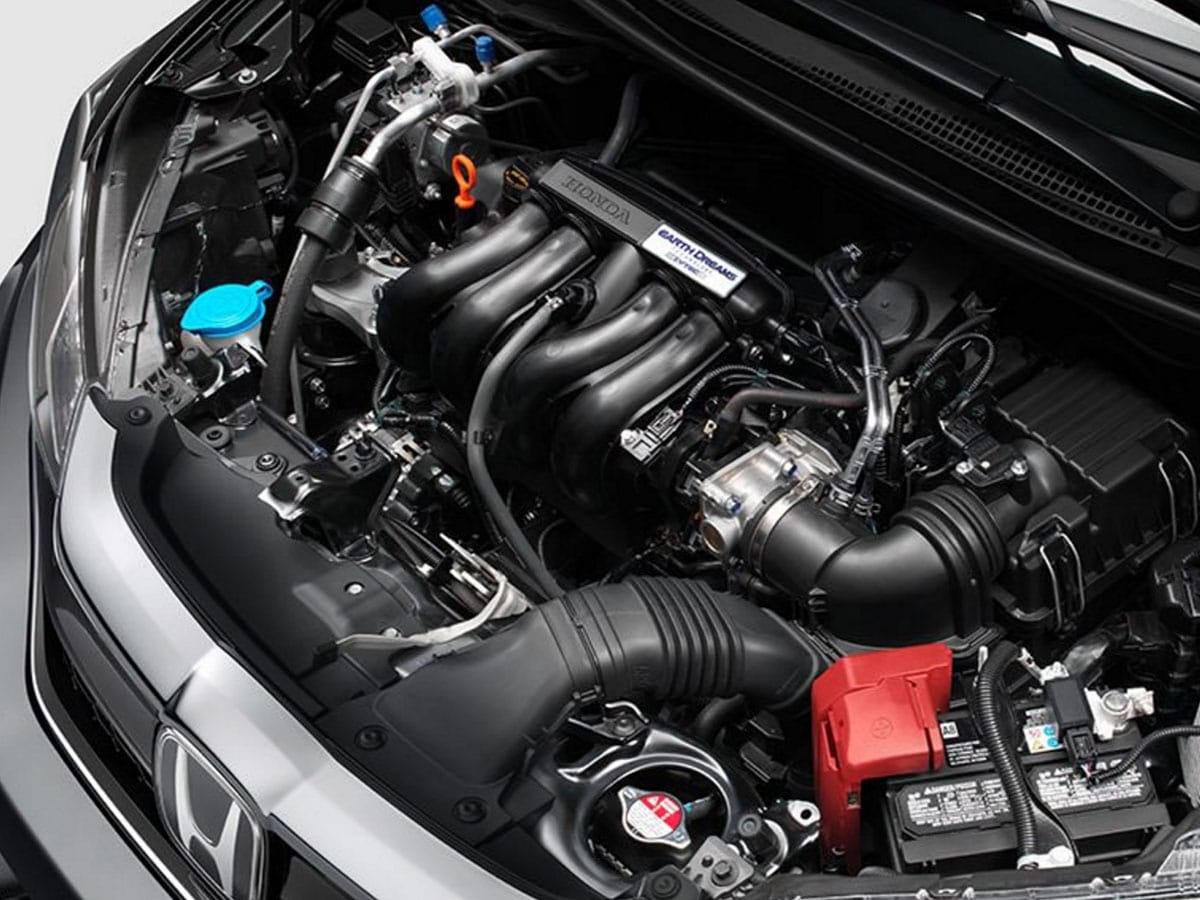
-
Maintain Your Cooling System: Regularly check your coolant level and condition. Flush and replace coolant as recommended by your vehicle manufacturer. Inspect the radiator, hoses, and connections for leaks or wear and replace any faulty components immediately. A well-maintained cooling system helps prevent engine overheating, one of the primary causes of head gasket failure.
-
Monitor Engine Temperature: Pay attention to your vehicle’s temperature gauge. If it indicates overheating, stop driving as soon as it’s safe to do so and investigate the cause. Overheating can cause severe damage if not addressed promptly.
-
Use High-Quality Coolant: Use the coolant type specified by your vehicle’s manufacturer. Mixing different types of coolant can lead to chemical reactions that may damage the cooling system and the head gasket.
-
Regular Oil Changes: Regular oil changes help remove contaminants that can degrade the head gasket material. Use the type and grade of oil recommended by your vehicle manufacturer.
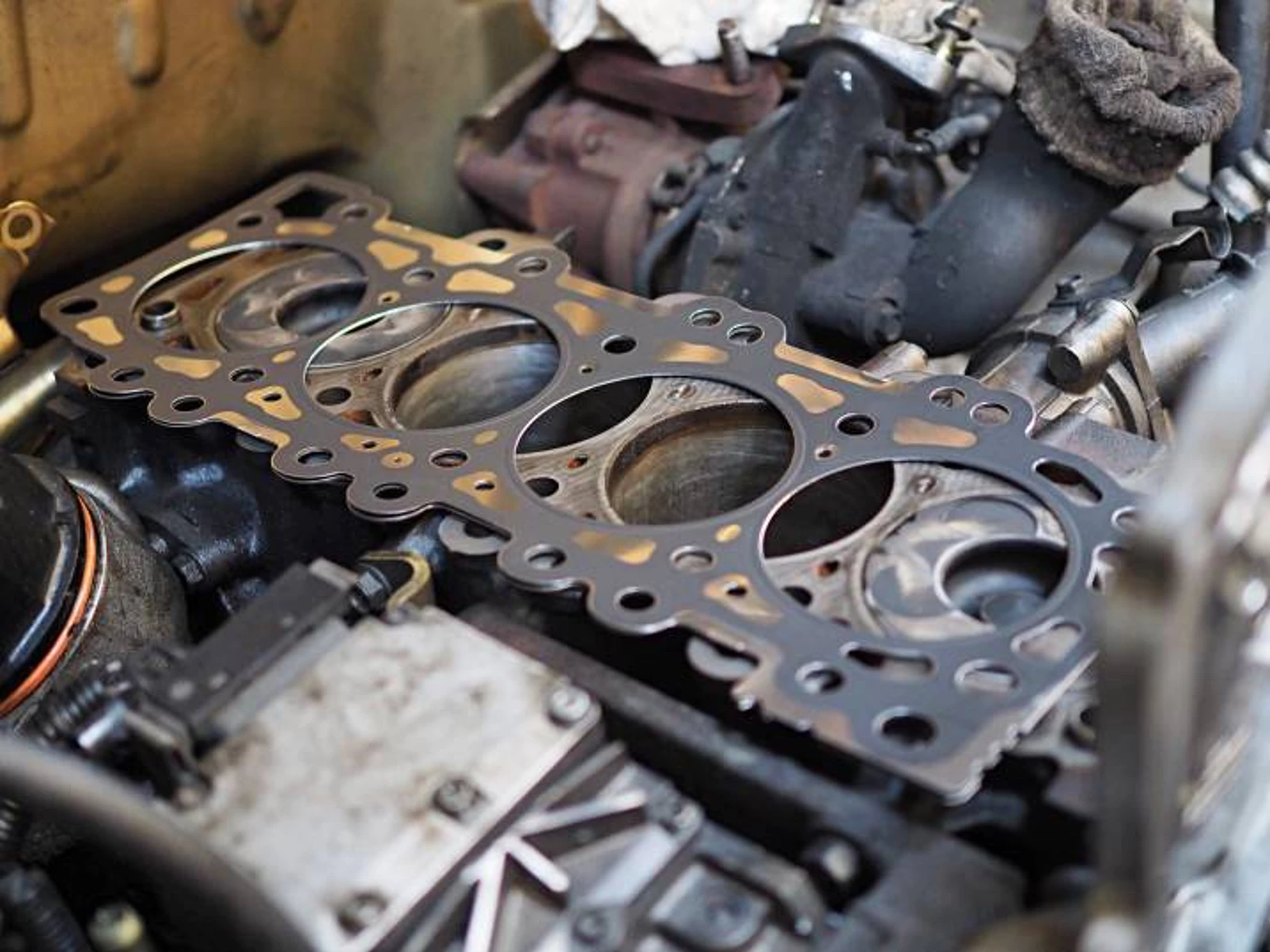
-
Avoid Aggressive Driving: High-speed driving and rapid acceleration increase engine temperature and pressure, stressing the head gasket. Driving gently can help extend the life of your engine components, including the head gasket.
-
Address Engine Knocking Promptly: Engine detonation or knocking can cause excessive pressure in the combustion chamber, damaging the head gasket. If your engine is knocking, have it checked and repaired to avoid more severe damage.
-
Inspect for Early Signs of Failure: Regularly inspect your vehicle for signs of head gasket failure, such as oil and coolant levels that drop without visible leaks, oil that appears milky, or white smoke from the exhaust. Early detection can prevent more extensive damage to the engine.
-
Use a Head Gasket Sealer: As a temporary measure for minor leaks, a head gasket sealer can provide a temporary fix. However, this should not be considered a permanent solution, and mechanical repair should be planned as soon as possible.
-
Professional Installation: If a head gasket replacement is necessary, ensure it is done by a professional mechanic who follows the manufacturer’s specifications for installation, including the use of new bolts (if required) and the correct torque settings.
Can Catching Head Gasket Leaks Early Reduce Costs?
Yes, catching head gasket leaks early can significantly reduce repair costs. The head gasket plays a critical role in your engine’s operation, sealing the combustion chambers and preventing coolant and oil from mixing. Early detection of a leak or failure can prevent more severe damage to the engine that might result from a completely blown head gasket. Here’s how early detection can save money:
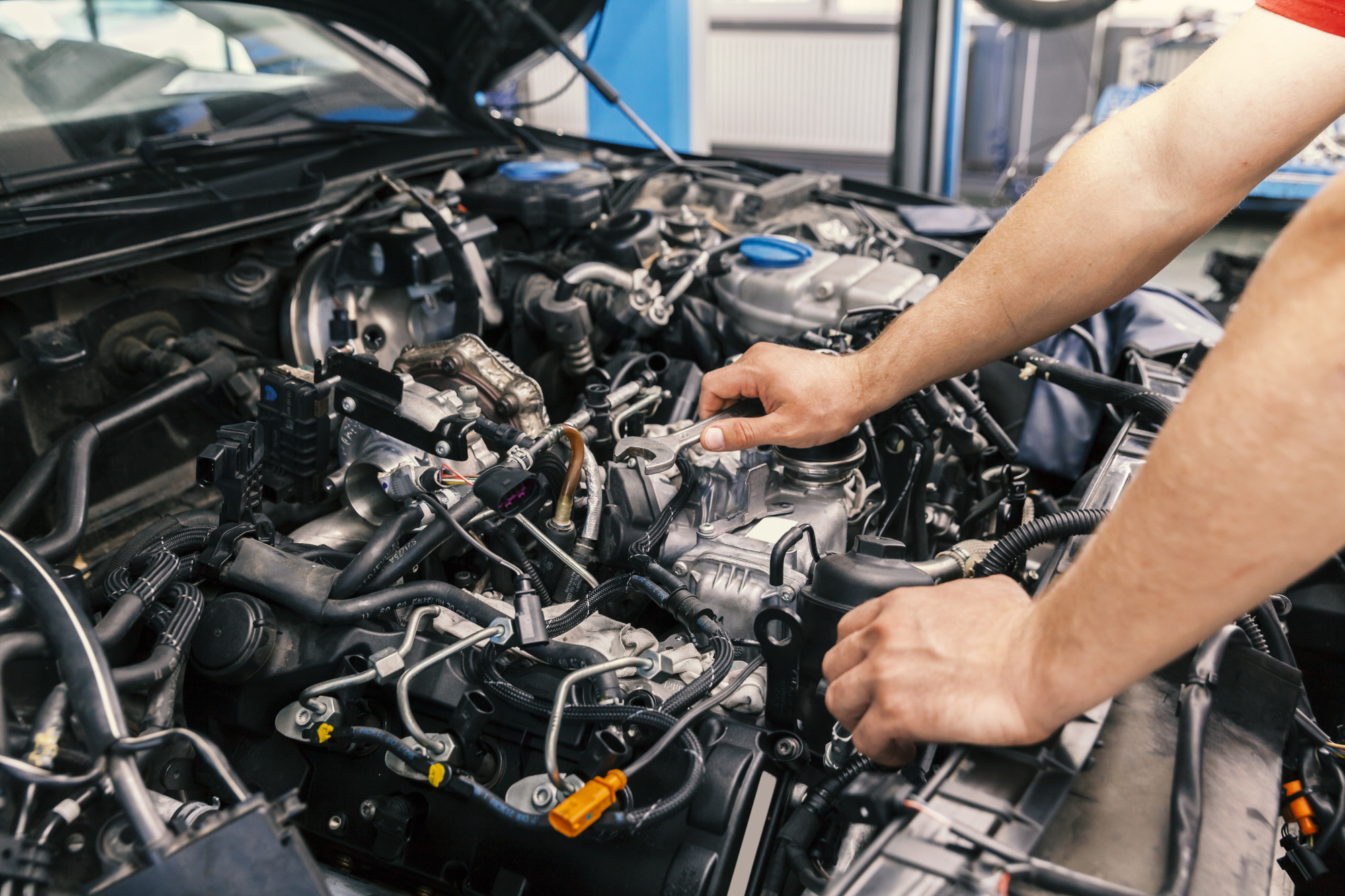
-
Minimizes Engine Damage: A minor head gasket leak can lead to significant engine damage if left unchecked. Coolant leaking into the combustion chamber, for example, can cause overheating, corrosion, and even warp engine components like the head or block. Catching a leak early prevents these more severe issues.
-
Lowers Repair Complexity: Early repairs might be less invasive. In some cases, a minor leak can be resolved with less extensive work than would be required for a head gasket that has fully blown. However, it’s crucial to consult with a professional mechanic to determine the best course of action.
-
Prevents Mixed Fluids: One of the primary roles of the head gasket is to prevent coolant and oil from mixing. If detected early, you can avoid the complications that arise from these fluids mixing, such as contaminated oil damaging the engine’s bearings or the coolant system becoming less efficient.
-
Reduces Related Repairs: A failing head gasket can lead to other issues, such as a damaged radiator, warped cylinder heads, or even complete engine failure. Early detection and repair can avoid these additional repairs, each of which comes with its own significant costs.
-
Improves Chances of a Successful Repair: Catching the issue early can sometimes increase the likelihood of a successful repair without the need for more drastic measures like engine replacement.
-
Saves on Diagnostic Costs: If you’re attentive and catch signs of a head gasket issue early, you might save on diagnostic costs. Recognizing symptoms like overheating, white smoke from the exhaust, or milky oil can lead you and your mechanic directly to inspect the head gasket, rather than spending time and money diagnosing unrelated engine problems.
Frequently Asked Questions
1. Can I repair a head gasket by myself?
Head gasket repair requires professional skill. It’s not usually a task for average do-it-yourselfers. The process often involves carefully assessing and replacing parts that may also be worn due to age.
2. Does a new head gasket mean a new engine?
No, a damaged head gasket is a significant concern, potentially causing substantial engine damage. However, it doesn’t automatically imply the entire engine needs to be replaced.
3. Can you drive a car with a damaged head gasket?
It’s dangerous and damaging to drive a car with a blown head gasket. Doing so could cause further harm to your engine and even present safety risks due to hot escaping coolant.
4. What does a car sound like with a blown head gasket?
A common noise associated with a damaged head gasket is a hissing sound. Imagine a faint, continuous hiss from under the hood, similar to the sound of air escaping from a balloon.
5. Is it worth fixing a blown head gasket?
Consider fixing your head gasket if the vehicle’s worth is at least double the repair cost. If not, it might be more beneficial to invest in a new (or used) car.

Hi! I’m Larry Gibbs, studying mechanical engineering with a focus on cars. I really love Ferraris and write blog posts about the latest car stuff. When not studying or blogging, I’m usually on a road trip exploring new places. I also enjoy playing football and watching movies. Life’s an adventure, and I’m all about enjoying the ride!

